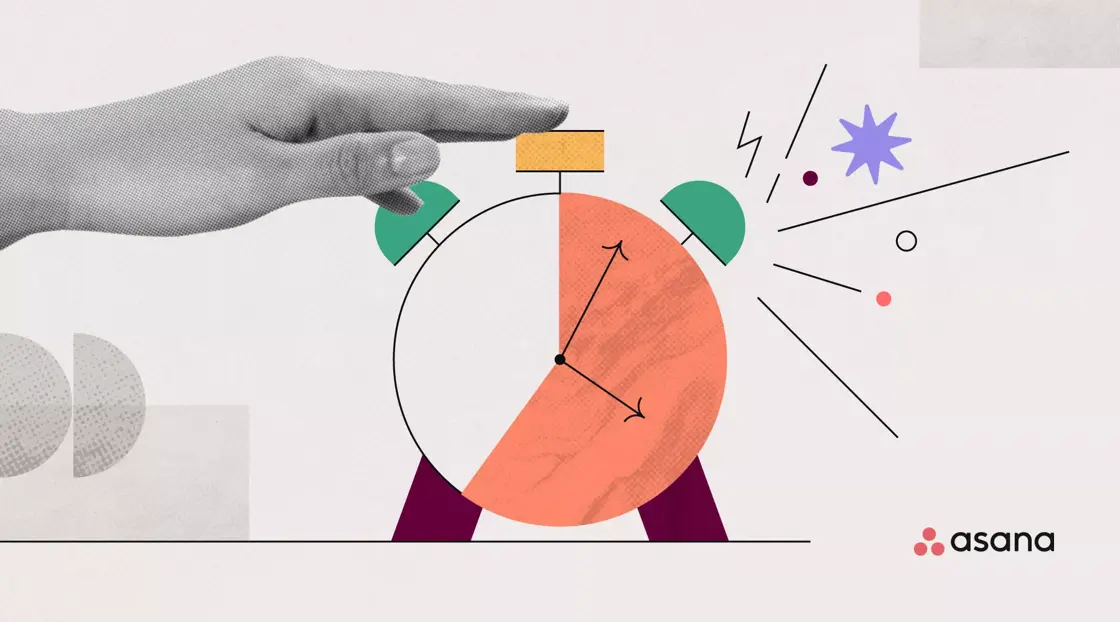
 Importance of
Importance of
Education In Our Life
According to me education means knowledge, knowledge of manner and way of doing and understanding every walk of life.
Education is a process through which every uncompleted things have completed.
Education makes them reality those things which is seen by people in the dream or imagination.
We have lot of problems but we solve them only helping by education.
We can get knowledge from everything like earth, sky, bird, tree, human, jungle, animal situation by education system in a proper way for proper development of every aspect because everything could be continued under a system.
But today, education system is not functioning well. Everyone has education right but quality of education has become more difficult to get now a days, because government schools are not providing better education.
We can get knowledge from everything like earth, sky, bird, tree, human, jungle, animal situation by education system in a proper way for proper development of every aspect because everything could be continued under a system.
But today, education system is not functioning well. Everyone has education right but quality of education has become more difficult to get now a days, because government schools are not providing better education.
Education system is responsible for that. Many schools don’t have good teacher, resources and other management. They don’t understand their duties.
In private schools, better educational prospects are provided to students. But for this, they have adequate monetary benefits, resources and teachers. But the people who are poor cannot afford the desired educational prospects due to the lack of monetary resources.

Who is good in finance their children can go private school but who didn’t have money, their children go to government school.
Who is good in finance their children can go private school but who didn’t have money, their children go to government school.
Today, there is one more problem in education system that everyone should only marks, doesn’t matter that they got knowledge or not.
There’s very necessary to change the system, because today’s child or youth is the future of the nation.
Lloyd Law College is trying to impart the best of education by offering courses in Integrated BA LLB and LLB
What Can Be Considered Good Education?
To put it in simple terms, education is the process of acquiring knowledge and skills, building morals, values, and developing habits. Education does not just consist of these. The process of education can be said to be complete only if you are able to put the knowledge you acquire to good use. So, education is not just gaining knowledge and gathering information but developing the ability to apply what you have learned to daily life scenarios.
Is there good education and bad education? This is a question that has been asked for years now. Good education works towards the goal of preparing and empowering individuals to lead a productive life that definitely impacts the economic growth of the society and country they are a part of. Good education is meant to stimulate logical and critical thinking in individuals. Good education does not mean scoring high marks in your assessments. People usually perceive the notion that schooling and scoring good marks in examinations is education. Education is beyond all that. Schooling alone does not lead to learning.

is beyond all that. Schooling alone does not lead to learning. Getting a good education depends on a lot of factors, including the environment or society you are in, the social and economic background and the ability of the individual to understand, analyse and act according to the need of the hour.
It is a fact that quality education and skill development comes from strong education systems. Having trained and empathetic teachers is one of the prerequisites to availing good education. Education includes learning about different cultures, religions, communities, economic and social standards and grooming oneself to become a socially responsible individual.
With the advancement of technology, teachers have been taken for granted because most children nowadays have their own mobile phones and internet access with which they can find answers to any questions, sometimes questions their parents, siblings, or teachers cannot explain. This is a huge drawback in the process of building a healthy society.
The Power of Being Educated
Being educated often makes you feel powerful. Why is that?
Imagine you did not know how to use a mobile phone, a laptop, a match stick or a bulb. What is the use of possessing something that you do not know how to use? In the beginning of time, it was found out that hitting two rocks together produces sparks that can start a fire.
Every little thing you come across can teach you something or the other. The more you know, the more powerful you become.
Knowing how to drive a car would come in handy when you have to go somewhere with more people travelling with you. Knowing how to fix a pipe can help you when someone accidentally breaks off a pipe and water keeps flowing. Likewise, everything you learn will help you in one or the other way. Therefore, good education can be defined as the general and specific knowledge people gain by being taught or by experience.
How Can Your Education Benefit Your Society?
Society is an integral part of every nation. The growth and development of individuals help the betterment of the society they are a part of, which in turn helps the social and economic progress of the nation as a whole. The education system has been evolving from day one. The modes and means of education are improvised every now and then according to the changing times.
for the betterment of the next generation to come.
Education plays a pivotal role in all of our lives and paves the way for all of us to reach our highest potential. When we talk about the importance of education in life, it is extremely important to understand what is education. In this blog, we explore the importance of education in our life, the significance of modern education and its many aspects. Read on!
What is Education?
Education is the medium that gives us the skills, techniques, information and knowledge to know, understand and respect the duties we have towards our society, families and nation. Therefore, the magnitude of the importance of education in life is huge as well as multifold.
The importance of education in our life is that it helps everyone develop a good perspective of looking at the world and our society. Education helps us in getting new ideas and exploring new ideas.
Importance of Education
Education helps a person to get knowledge and improve confidence in life. It can help you improve your career and your personal growth. An educated person can become a great citizen in society. It helps you to take the right decisions in life.
The modern, developed and industrialised world is running on the wheels of education. To be able to survive in the competitive world, we all need education as a torch that leads the way. Education not only imparts knowledge but also develops functional skills, which are crucial for adapting to and excelling in various aspects of everyday life and professional environments. Mentioned below are the various features of education which outline the importance of education in human life.
- Safety Against Crime: The chances of an educated person getting involved in crime or criminal acts are very low. An educated person is well aware of his/ her surroundings and is less susceptible to getting cheated or fooled.
- Women’s Empowerment: The empowerment of women is an essential pillar to optimize the good functioning of our society and nation as a whole. We can break old customs like child marriage, sati, dowry, etc only by educating the men and women of our nation. The fundamental right of Right to Freedom and Expression can only be achieved if the women of our country are educated and empowered. We can win the fight against the many social evils.
-

